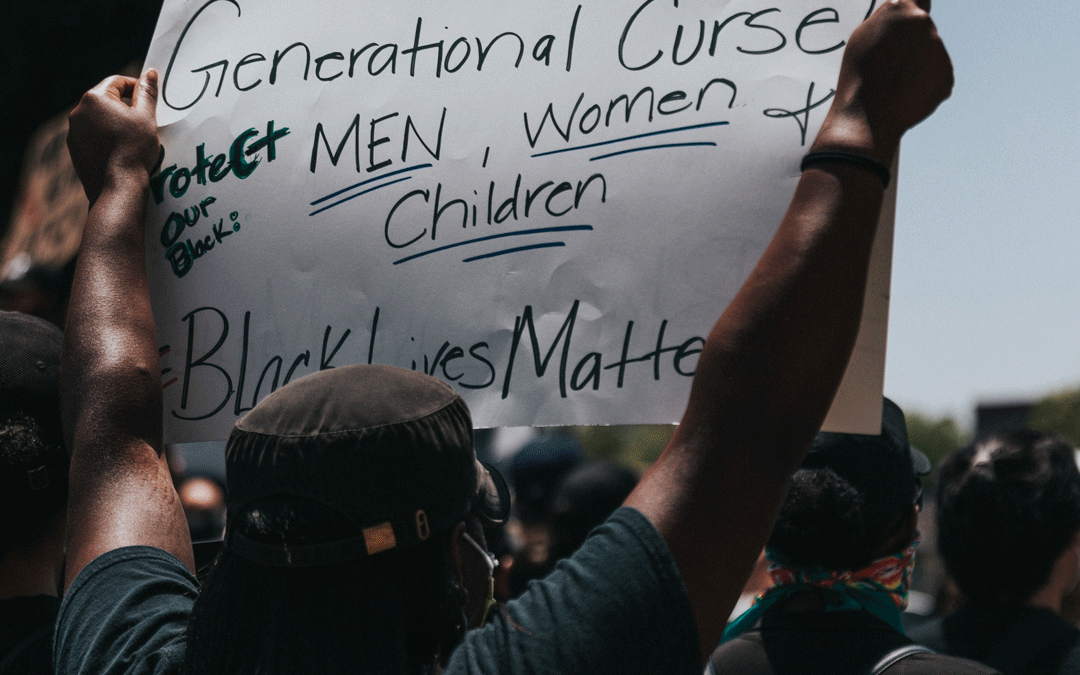I have spent the last few weeks struggling to put my thoughts and emotions into words. As a writer, I want to use my words to stand with my Black brothers and sisters as we fight against the systemic racism we face daily. But to be honest, I’m at a loss as to where to even start.
These feelings remind me of the sadness, anger, frustration, and weariness I felt in graduate school while researching my novel, Cora’s Kitchen, which is set in the 1920s during the Harlem Renaissance. I read novels, short stories, poetry, and essays written by Black authors during the early part of the twentieth century to have a better understanding of the period. Racism, discrimination, brutality, violence, and oppression were as much a part of the narratives as plot, characters, and setting. It got to the point where I was so depressed and discouraged that my advisor recommended I read something lighter to “take a break.”
The sad part is that there has never been a break for Black people from racial injustice. I think part of what made me so angry and depressed was that though I may have more freedom and choices than a Black woman in the 1920’s, racism is still very entrenched in the fabric of this country.
I would be lying if I said I don’t think about race when I enter an unknown situation, particularly living here in the South. I worry about whether I will have to justify my right to exist in that particular space. There are even times when I rehearse what I will say if someone questions me in my own neighborhood. It may sound as if I’m being hypersensitive, but I could share numerous examples of micro-aggressions and flat-out racist comments that I’ve experienced in the past 55 years.
One such example happened at my house last year. I had a friend over, and the doorbell rang. When I opened it, a white man was standing on the porch.
“Is the owner home,” he asked.
I stood there, stunned. Was he suggesting the cost of the homes in the neighborhood precluded me from being the owner?
“Yes,” I said, flat without offering any other explanation or comment.
We stood awkwardly silent until it dawned on him that I was the owner.
“How long have you lived here?” he asked.
And while I wanted to tell him to get the hell off my porch, I answered, giving more detail than I should have. This is because I know anger — righteous or otherwise — from a Black woman only confirms the angry Black woman stereotype. And though I was seething underneath, I stood on my own porch listening to this man pitch his window washing service for another few minutes, before I finally told him I wasn’t interested. He handed me a flyer and suggested that I give them a call when the time came to wash our windows again.
When I came back inside the house, I shared what happened with my friend, but to be honest, I don’t think she understood how insulting his comments were. She didn’t have the historical perspective of being Black in America. She was never told how articulate she was because she was able to use the English language effectually. She hasn’t had her sons followed home and stopped because they turned into a “white neighborhood.” She never had a close white friend assume that her daughter was on a scholarship because she attends an ivy league school. My friend’s husband has never been harassed in a restaurant parking lot while sitting in his BMW on a business call because there had been a string of car thefts in the area. The list goes on.
Sadly, most of those things I tend to file away as the cost of being Black in America, despite the mental and emotional toll they take. It’s exhausting. But then add the brutal killing of George Floyd, Breonna Taylor, Ahmaud Arbery, Sandra Bland, Eric Garner, Trayvon Martin, Mike Brown, Tamir Rice, and so many others whose names we will never know, it’s hard to breathe.
It is eerily similar to what those Black writers were writing about a hundred years ago.
Langston Hughes wrote, “I, too, sing America. . .” as a darker brother looking for a place at the table. And 94 years after the publication of The Weary Blue, his poem “Afraid” is relevant as it was in 1926:
We cry among the skyscrapers
As our ancestors
Cried among the palms in Africa
It is night.
And we’re afraid.
We are afraid for our men. We are afraid for our women. We are afraid for our children. But we are no longer afraid to speak out against injustice and against police brutality and against white supremacy.
And though the inhumanity of it all can be overwhelming at times, and we may not know precisely how to best use our talents, we can’t let that deter us. We have to maintain the urgency of the moment.
Commit to being a part of the solution. Donate money. Volunteer. Protest. Have those difficult conversations. We don’t have to have all the answers on how to fix it, but our voices can make it such that 100 years from now, our great-grandchildren aren’t fighting the same battle.
Here are a few resources that you may want to consider:
Black Lives Matter — https://blacklivesmatter.com/
Color of Change — https://colorofchange.org/
GirlTrek — https://www.girltrek.org/
Ella Baker Center for Human Rights — https://ellabakercenter.org/about/about-us
Campaign Zero — https://www.joincampaignzero.org/solutions#solutionsoverview

